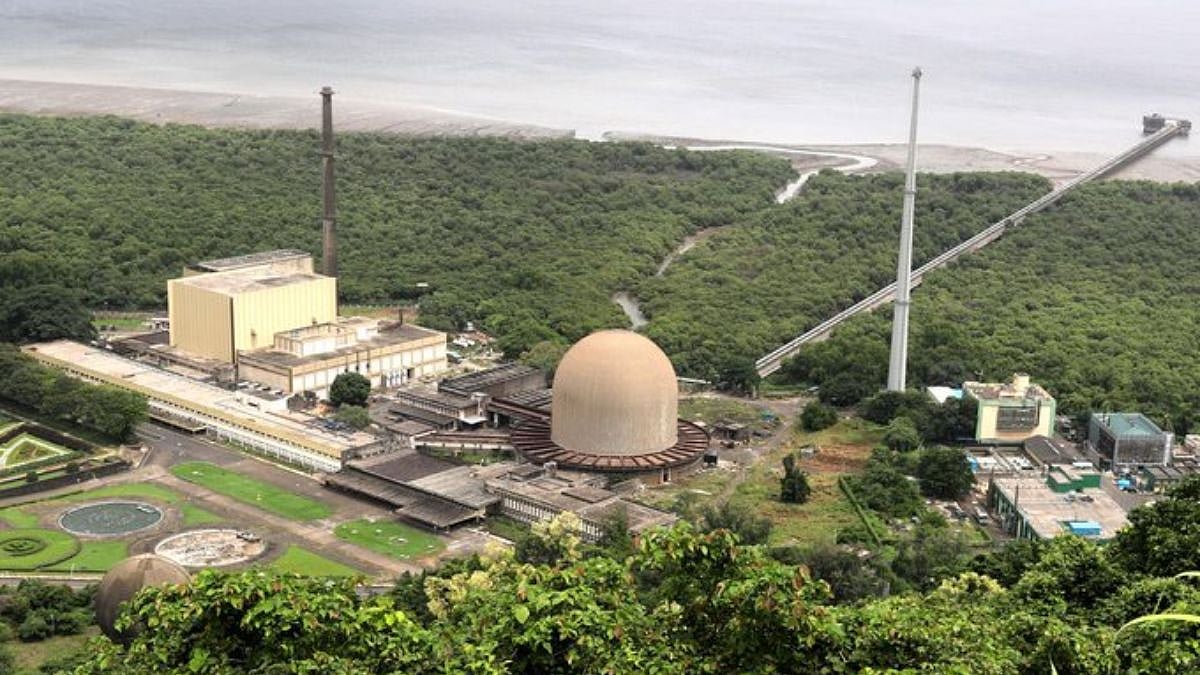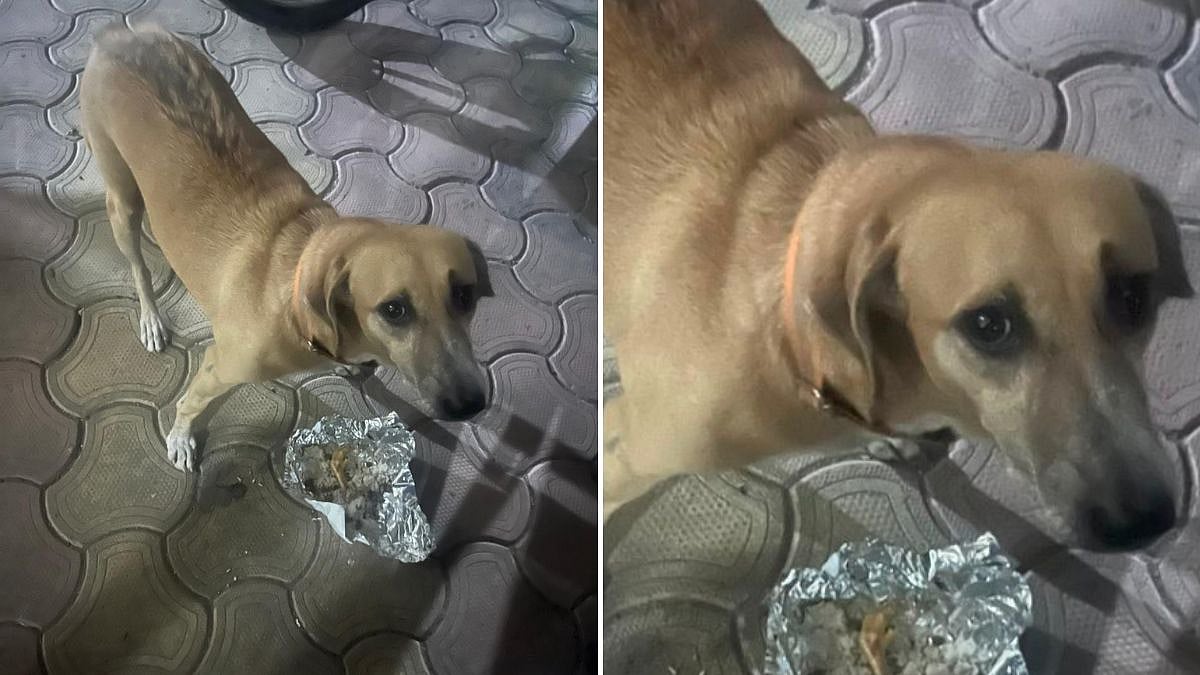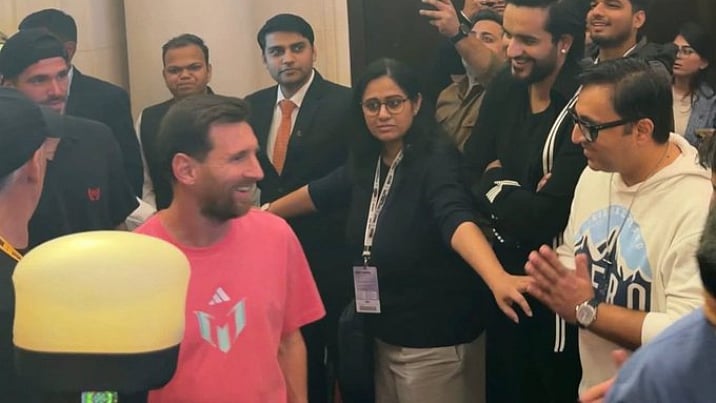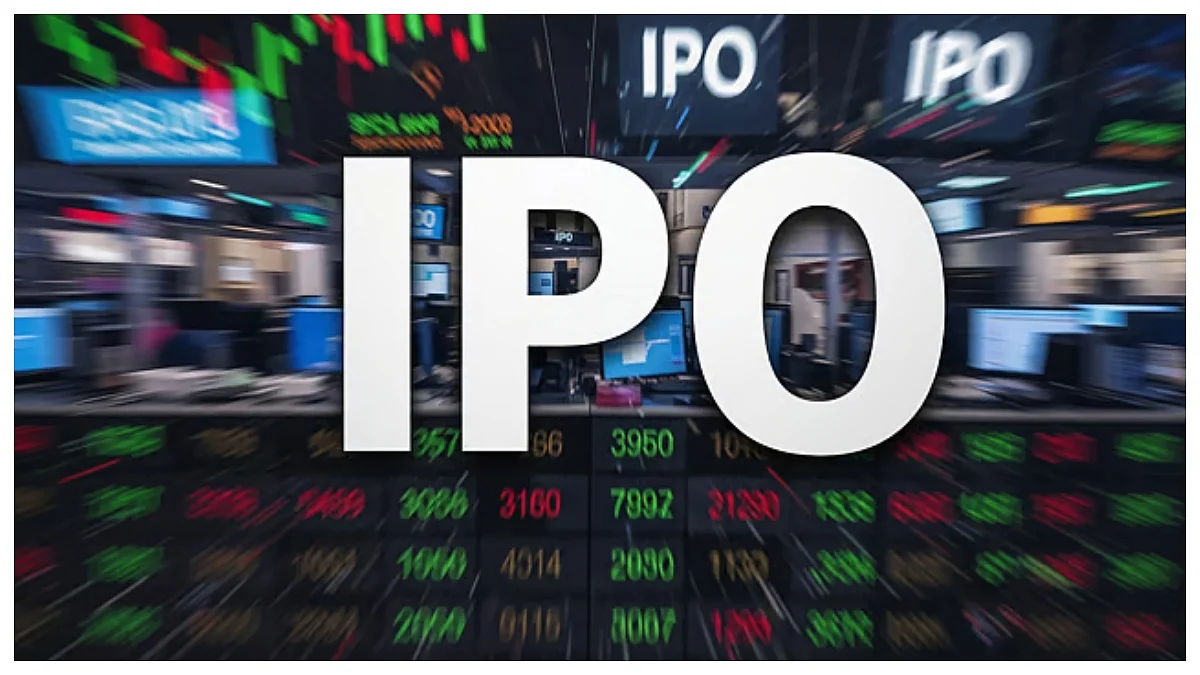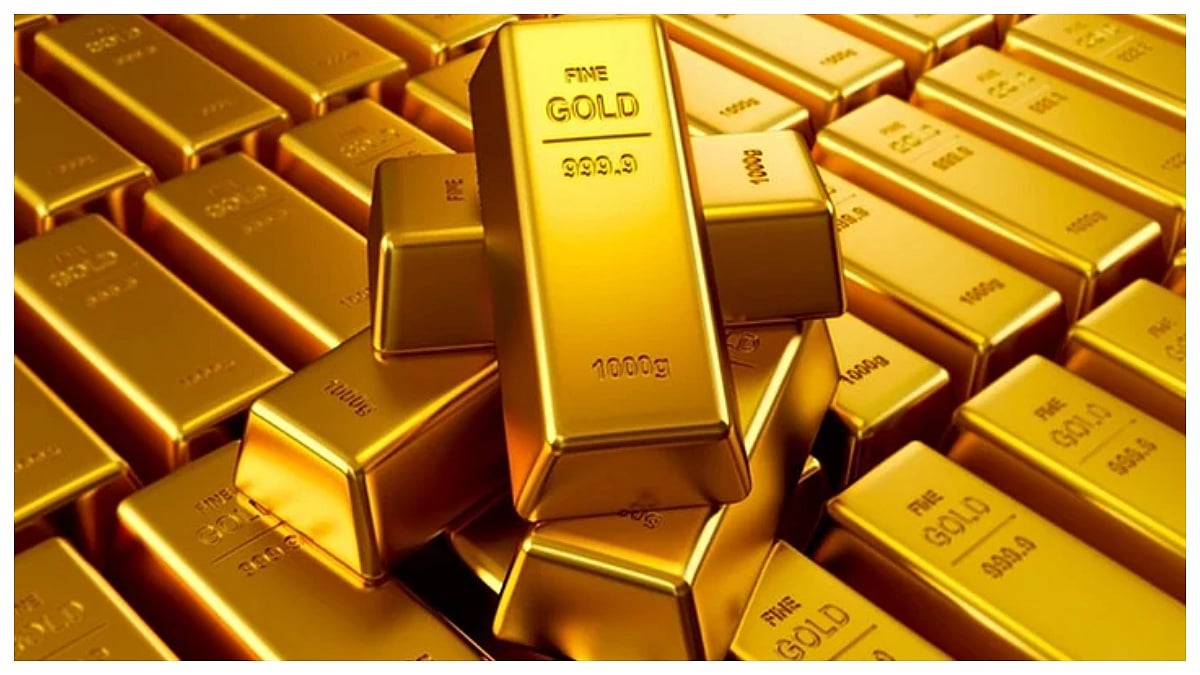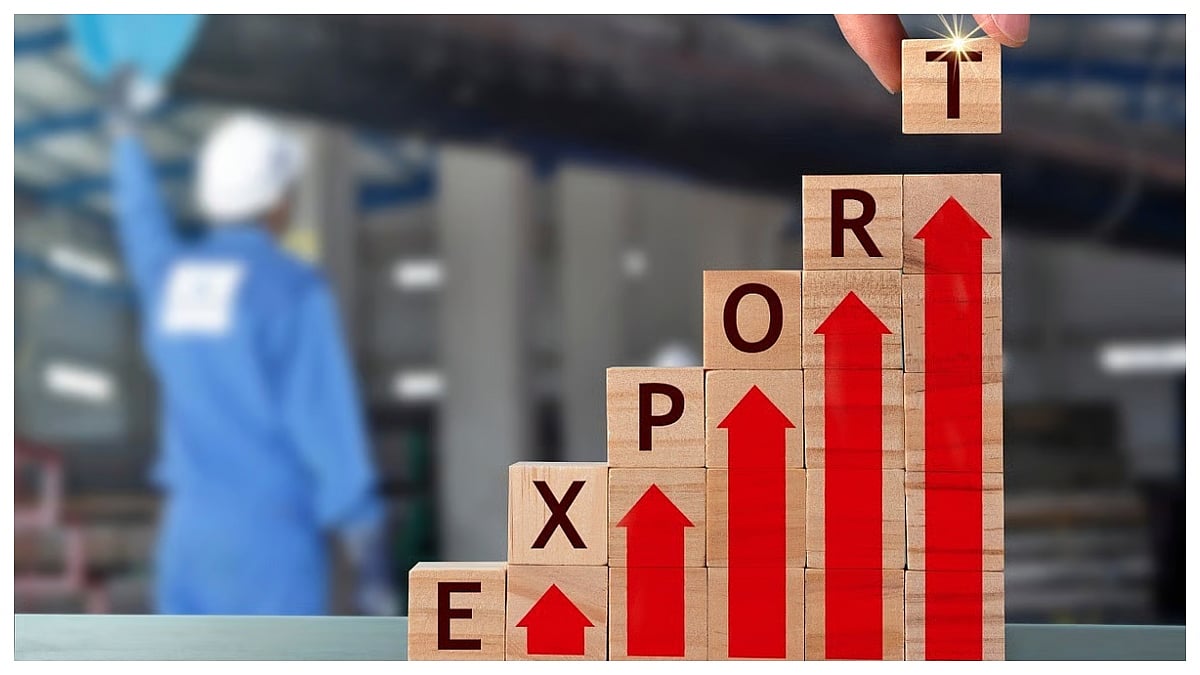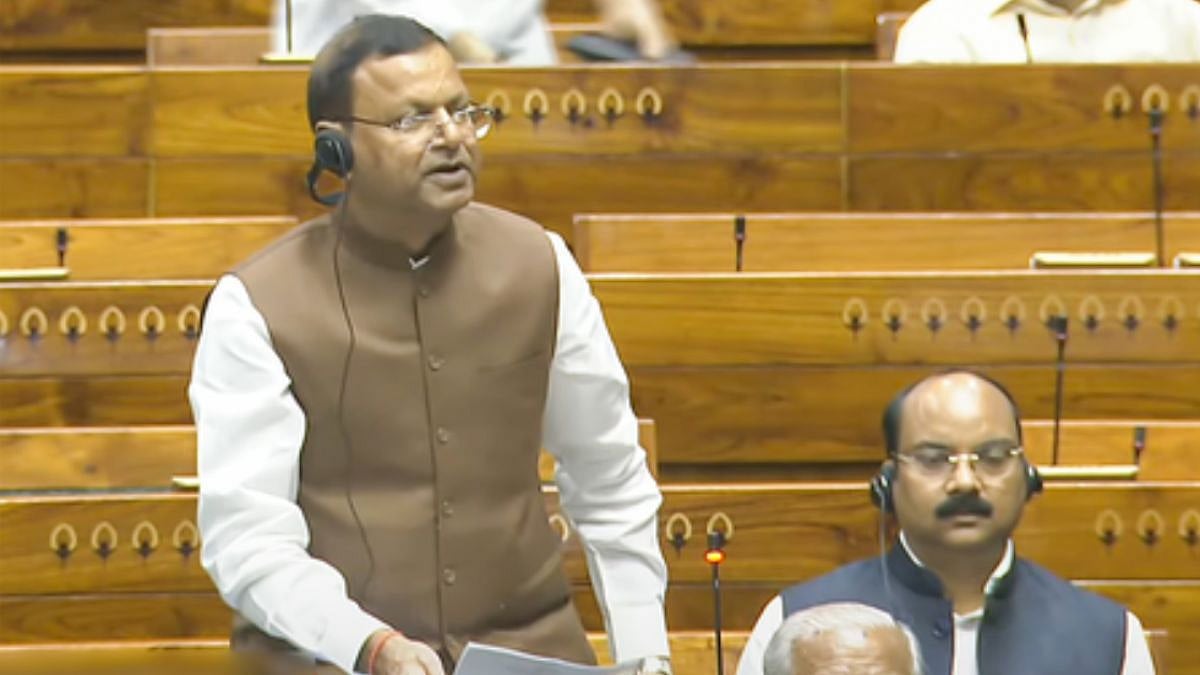There are many projects RA Rajeev, Metropolitan Commissioner of MMRDA can be proud of. But his sense of achievement comes from the the ticketing system develooped by his team. It is something that brings him immense joy. He talks about it in an interview with Jescilia Karayamparambil and R N Bhaskar.
Edited excerpts:
MMRDA is changing the landscape of Mumbai. What is the progress on this front?
This is an exciting phase of Mumbai’s makeover. In the late 20s, Mumbai would have changed. But the pandemic set us back. Even then, MMRDA has planned 337 kms of metro line. Of that, 200 kms of the metro line is under construction.
No city in the past has done such a construction simultaneously. Mumbai is such a congested and densely populated city yet we are doing such a kind of construction which is quite challenging.
MMRDA is also constructing the longest sea bridge in the country — Mumbai Trans Harbour Link (MTHL) — which is 22 km long and connects Mumbai with Navi Mumbai. We are able to construct a lot of flyovers, tunnel roads and underpasses as well.
MMRDA has projects (under different phases) worth Rs 1.5 lakh crore.
The results of our efforts will be visible by the end of this year. Unfortunately, the projects which were supposed to conclude in December 2020, have been delayed due to COVID-19. Two metro lines — line 7 and 2A — were supposed to be completed by December 2020. But expect the work of these lines to be complete this year
By 2025, most of the projects will be completed. These projects will change the way Mumbai travels. The congestion will reduce — from 75 per cent to 33 per cent.
Pre-COVID-19, Mumbai trains carried 80 lakh people per day but metro lines have been designed to carry 1.2 crore people per day.
In Metro 1, MMRDA was unable to integrate the last mile connectivity concept and multiple-modal options. But we will do that in the case of all the upcoming Metros. Multiple-modal approach is integral to all metro projects in the city. This could be motorised and non-motorised ways of travelling to reach homes or offices in a seamless way.
Of all the projects, which one is the closest to your heart?
All infrastructure projects are close to my heart. But there is one initiative that is very close to my heart — the ticketing system. The ticketing system can be patented in the market. This is because the design of the system was developed and implemented (by me) during the COVID-19 times.
This is mainly because this will integrate the various modes of travel experience through one travel system.

Note: Metro 1 is actual cost, rest of the project cost is estimated cost | Source: MMRDA
Monorail was one project which got a second life under your leadership. Tell us about that project.
When I joined MMRDA, the monorail project was at a standstill. This is mainly because there was a fire incident and many such hurdles.
We reached out to the same contractor to run the monorail. But unfortunately (we were disappointed by) the agency, Scomi, which has supplied monorail from Malaysia with a joint venture with L&T in India and also did the civil construction work for the project.
The agency adopted some unethical means to implement the project. We had imported 10 trains for the project — one got burnt, two went out of order and two trains were 100 per cent cannibalised.
We warned Scomi that if the company continues to arm twist MMRDA for all its bad work, we will take legal action against them.
The day I joined office, I realised that MMRDA should be running monorail. Otherwise, Rs 2,000 crore of investment made on the project would go waste and this infrastructure project will be in shambles.
I assured the MMRDA team that if a defunct company which has defective manufacturing can run it, then (a quality) institution like ours can run it too. Since then, monorail has been running except for the lockdown.
The monorail has been indigenised — we have begun sourcing (domestically) a lot of material and spare parts. We have enabled the seventh train to run on the tracks. So, we have been able to reduce the time between two trains. For the project to be viable the frequency of the train should improve — from the present half an hour gap to four-five minutes.
Initially, we opted for procurement of more trains. Obviously, since it was a patented technology and (other problems) this was difficult. Two Chinese companies did offer to help. But these companies insisted on changing the terms and conditions of the contract in their favour. So, I realised this is not the way to function if MMRDA wishes to run this project on a sustainable basis.
I appealed to Indian manufacturers to come forward and manufacture the monorail. So, that MMRDA could run it.
Four-five Indian manufacturers — public and private — showed interest and supported our view.
In the years to come, monorail will be an Indian project. This will encourage other cities to adopt this as well.
Is COVID-19 a cause of concern for these projects? Are you bringing about changes in these projects due to the pandemic?
There was the Spanish flu at one point of time. Despite that, infrastructure projects like metro and others spread across the world.
2020-2021 may be a temporary phase in history. Metro projects are constructed for 100 years and not a short-term period. So in that case, I do not see there should be any change in our plans for public transport.
Certainly, in the short-term, there have been impacts like in the implementation of the project; increased cost of construction; manpower and machines were ideal for sometime. Then we had people from 12 nationalities. We had to continue taking care of them. That pushed up costs further.
In the case of planning, the ticketing structure was introduced. We have introduced non-motorised transport for first and last-mile connectivity. This non-motorised transport is becoming popular, for instance, in Bandra Kurla Complex. Such changes will take place but there will not be any other setback (due to the pandemic).
Major pension funds are looking at metro projects, especially the interest from CPP Investments. Any such investments in the pipeline?
The MMRDA model of infrastructure development in the country is very unique. These projects do not receive funds neither from the Central Government nor State Government.
We have a land bank but that cannot be monetised on a day to day basis. It needs to be done keeping in mind the market value. Offer too may land parcels, and the price will fall.
Other than that, we are borrowing from multilateral agencies/banks like JICA, ADB, NDB, AIIB, KFW among others. These banks have sanctioned Rs 30,000 crore for metro projects and MTHL.
Apart from that, during a meeting with one of the agencies, the idea of monetising the assets came up. It is about monetising the metro income as and when it starts. So, CPP Investments were interested in monetising that income. This would allow us to use that money to complete other projects. However, due to the COVID-19, this discussion has been stalled now or else this discussion with Canadian Pension fund would have been at an advanced level.

